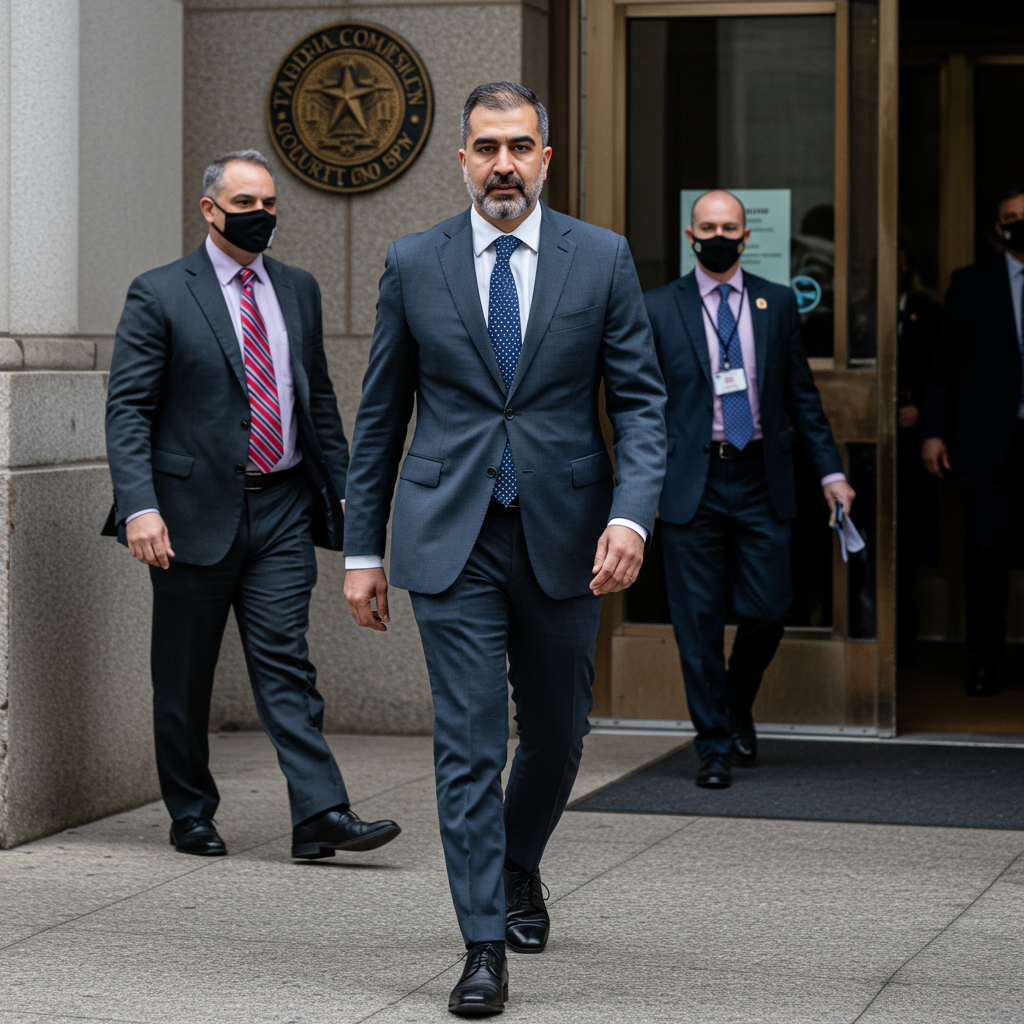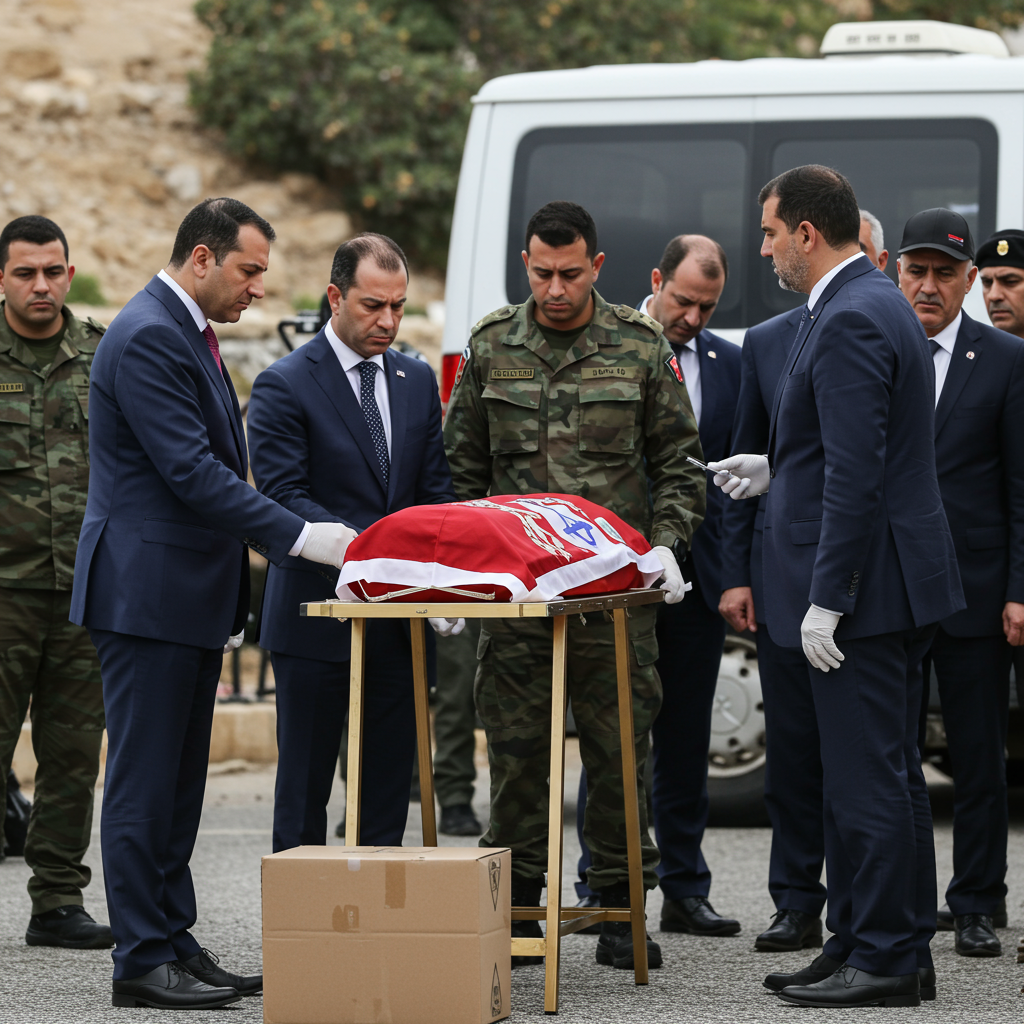Anti-Israel Activist Mahmoud Khalil Granted Bail Amid Deportation Fight
A federal judge has ordered the release on bail of Mahmoud Khalil, a legal U.S. resident and prominent anti-Israel activist, while his complex immigration and civil cases proceed through the courts. U.S. District Judge Michael Farbiarz, a Biden appointee in New Jersey, cited the “extraordinary circumstances” of the case and deemed Khalil’s continued detention “highly unusual.”
Judge Farbiarz ruled on Friday that Khalil, who had been held for three months in an immigration detention center in Jena, Louisiana, was neither a flight risk nor a danger to the community. He explicitly stated, “Petitioner is not a flight risk and the evidence presented is that he is not a danger to the community. Period, full stop.” This decision paved the way for Khalil’s release later the same day.
Detention Following Campus Activism
Khalil, a graduate student at Columbia University, was arrested in March at his university apartment following his involvement in pro-Palestinian protests on campus. His legal team argued his imprisonment was an “exceedingly rare” government action and amounted to unconstitutional retaliation for his activism.
Adding urgency to his case, Khalil is married to a U.S. citizen who lives in New York, and the couple had a baby while he was detained thousands of miles away in Louisiana.
Government’s Grounds for Detention and Deportation Attempts
The government has pursued Khalil’s detention and attempted deportation based on multiple grounds, sparking significant legal challenges:
- Secretary of State’s Foreign Policy Memo: An immigration judge initially found Khalil removable based on a memo from Secretary of State Marco Rubio. Rubio’s memo claimed Khalil’s campus activism was contrary to U.S. foreign policy interests, citing an obscure provision of the Immigration and Nationality Act (INA). However, Judge Farbiarz had previously issued a preliminary injunction blocking the Secretary from using this specific determination as a basis for deportation, stating the government couldn’t enforce “what appears to be an unconstitutional law.”
- Allegations on Green Card Application: The Department of Homeland Security (DHS) presented a second reason, alleging Khalil omitted key information from his green card application. This included affiliations with groups like Columbia University Apartheid Divest. DHS attorneys argued that Khalil fraudulently or willfully misrepresented material facts, and also accused him of allegedly signaling support for the terrorist group Hamas through his activism. Attorneys for the Department of Justice (DOJ) argued that the federal court lacked authority to release Khalil because this claim was still pending in immigration court.
Khalil’s legal team and supporters have countered that the actions against him are politically motivated retaliation for his opposition to the Israeli government’s actions in Gaza and conflict with Iran, designed to chill free speech on college campuses. They note Khalil was not accused of breaking any laws during the Columbia protests, although he was a prominent spokesperson and negotiator for student activists.
Judge’s Decision and Release Conditions
Judge Farbiarz’s decision to grant bail directly addressed the “highly, highly unusual” nature of holding a legal U.S. resident who wasn’t considered a flight risk or violent threat. Khalil was released on a $1 bond.
Under the terms of his release, Khalil was required to surrender his passport but will retain his green card. He is permitted to travel to New York (where his family resides), Michigan (where he has family), New Jersey and Louisiana (for court appearances), and Washington, D.C. (for lobbying efforts). He must notify DHS of his address within 48 hours of arriving in New York.
Ongoing Legal Battle
Khalil’s case has become a focal point for immigration rights advocates and critics of the Trump administration’s approach to campus protests and perceived antisemitism. His supporters view the case as part of a broader crackdown linked to the war in Gaza.
Despite Judge Farbiarz’s orders, the legal fight is far from over. The Trump administration is reportedly appealing both the preliminary injunction blocking the use of the Rubio memo for deportation and the recent order for Khalil’s release to the 3rd Circuit Court of Appeals, indicating that the battle over his immigration status will continue.



